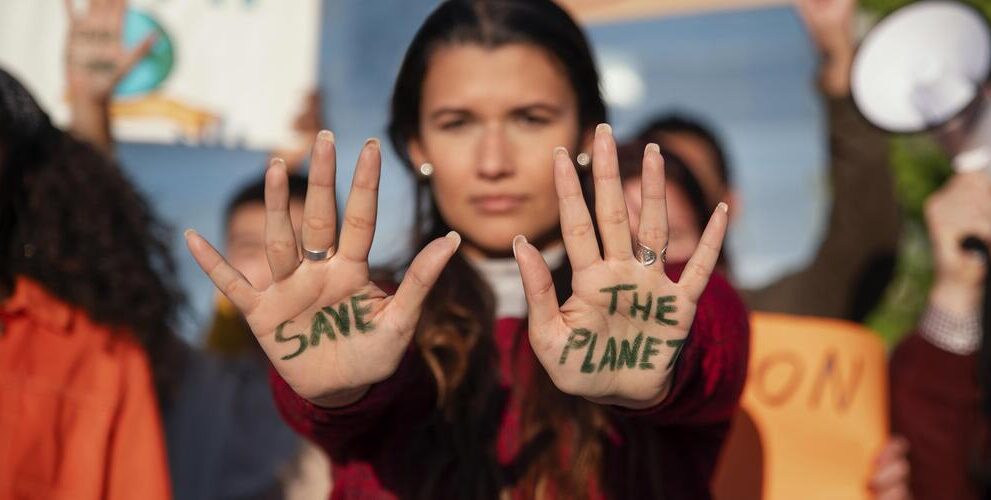Climate change isn’t just physical, it’s psychological too
As floods and heatwaves rise, so do anxiety, depression, and PTSD
Author
Author
- riyaz_wani / 9 months

- 0
- 3 min read

Author
As climate disasters multiply, a quieter but equally alarming crisis is unfolding across India and the globe: the toll of climate change on our mental health. From floods and droughts to rising heat and humidity, environmental disruptions are triggering a range of mental health disorders, often silently. The scientific evidence to this effect has only grown in recent years.
“Mental health outcomes of climate change can range from mild stress and sleep disturbances to clinical disorders like anxiety, depression, post-traumatic stress, substance use, and suicidal thoughts,” a recent scientific review observes. In the aftermath of floods, “20% had been diagnosed with depression, 28.3% with anxiety disorder, and 36% with PTSD.”
The point here is that mental health, a growing part of it caused by climate change, has in recent years become an endemic global malaise. But it isn’t getting enough attention as unlike diseases like Covid-19 which have visible physical manifestation, mental health is a psychological affliction.
Going forward, the situation is likely to deteriorate further as the climate change worsens. The damage isn’t just during or after disasters. According to the study, “sub-acute impacts include intense emotions experienced by people who indirectly witness the effects of climate change… a sense of being blocked, disoriented and passive.”
Climate change worsens mental health for the vulnerable
Children, pregnant women, and people with pre-existing mental health conditions have been found to be particularly vulnerable. During pregnancy, “exposure to heat waves has been related to lower average birth weight and increased incidence of preterm birth. ”Meanwhile, in children, such exposure is linked to “behavioural and motor problems, reduced IQ and reduced schooling and economic activity.”
Heat appears to have a unique psychological impact. “People with mental illness were three times more likely to risk death from a heatwave than those without mental illness,” and “hotter cities were found to be more violent than cooler cities.” Importantly, the evidence on the “heat-mental health nexus remains mixed,” says a recent India-based study. The results reveal that “extreme heat increases the risk of depression but not of anxiety… effects are consistently smaller when humidity is not considered.”
The Government of India has taken a due note of this: District Health Officers, District Nodal officer, State Nodal officer and the individual health facilities are being involved in regular monitoring. Monthly and quarterly progress monitoring for climate-sensitive mental illnesses has to be done from district to state to Ministry of Health and Family Welfare. A health ministry report noted that “Monitoring and evaluation play a crucial role in ensuring the success of this program aimed at addressing the mental health impacts of climate change.”
The takeaway from this is that due to the deepening climate crisis, the mental health emergency is no longer collateral, it is central. We must prepare not only to weather the storms outside, but the storms within. The government has to spearhead this fight.
Also read: Teens With Mental Health Issues Use More Social Media: Study









